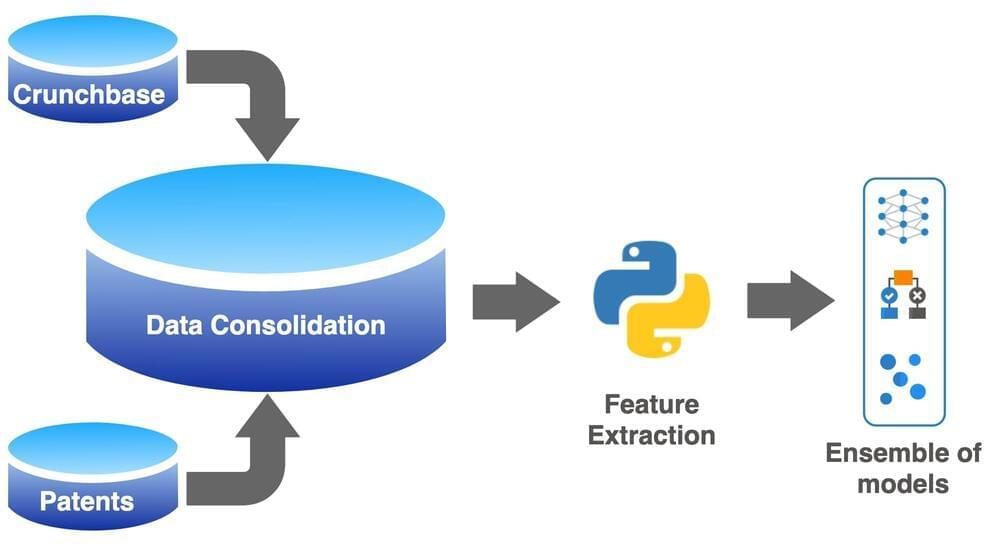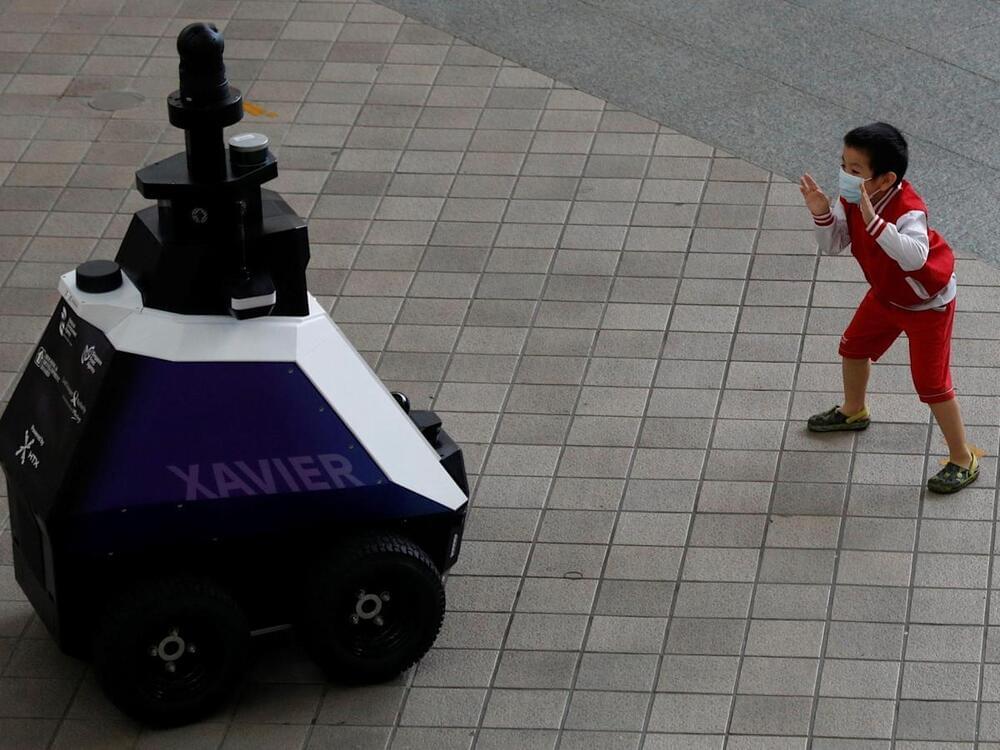Robotic exoskeletons have captivated us for years. They are major tropes in sci-fi movies and video games, and in real-life engineers have been working on them since the 1900s. San Francisco’s Roam Robotics has entered into this space, and Brent Rose tries his hand at stress testing their latest military leg brace.
Archival footage of GE robotic exoskeleton courtesy of miSci: Museum of Innovation & Science.
Still haven’t subscribed to WIRED on YouTube? ►► http://wrd.cm/15fP7B7
Listen to the Get WIRED podcast ►► https://link.chtbl.com/wired-ytc-desc.
Want more WIRED? Get the magazine ►► https://subscribe.wired.com/subscribe/splits/wired/WIR_YouTu…ription_ZZ
Get more incredible stories on science and tech with our daily newsletter: https://wrd.cm/DailyYT
Also, check out the free WIRED channel on Roku, Apple TV, Amazon Fire TV, and Android TV. Here you can find your favorite WIRED shows and new episodes of our latest hit series Tradecraft.
ABOUT WIRED





